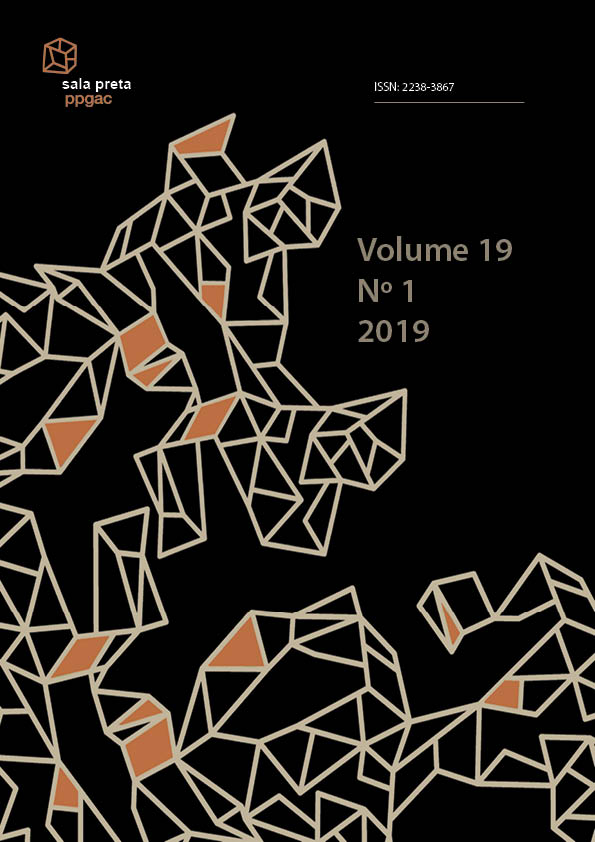Theatre and slavery
Brazilian Dramatic Conservatory and censorship
DOI:
https://doi.org/10.11606/issn.2238-3867.v19i1p18-46Keywords:
Brazilian Dramatic Conservatory, Censorship, Slavery, Brazilian theatre (19th century)Abstract
The main goal of this article is to study how the Brazilian Dramatic Conservatory judged the plays written in Brazil or abroad mainly between 1843 and 1864, that brought to light slavery as its subject. The analysis of several evaluation reports indicates that the Conservatory worked to maintain the status quo of slavery in Brazilian society. Plays that strongly criticized slavery or the slave trade were thus declared forbidden and could not be staged. The Conservatory’s members were mostly guided by racial and social prejudices.
Downloads
Downloads
Published
Issue
Section
License
Os leitores são livres para compartilhar, copiar e redistribuir os textos publicados na Sala Preta, sem fins comerciais e em qualquer suporte ou formato, desde que sejam dados os créditos apropriados ao(s) autor(es) e à Revista. Podem também adaptar, remixar, transformar e criar a partir deste material, desde que distribuam o material derivado sob a mesma licença do original – e mantenham a menção explícita ao(s) autores e à Revista Sala Preta.
Ao submeter um artigo à Sala Preta e tê-lo aprovado para publicação os autores concordam com os termos da Licença Creative Commons Atribuição-NãoComercial-CompartilhaIgual 4.0 Internacional.


